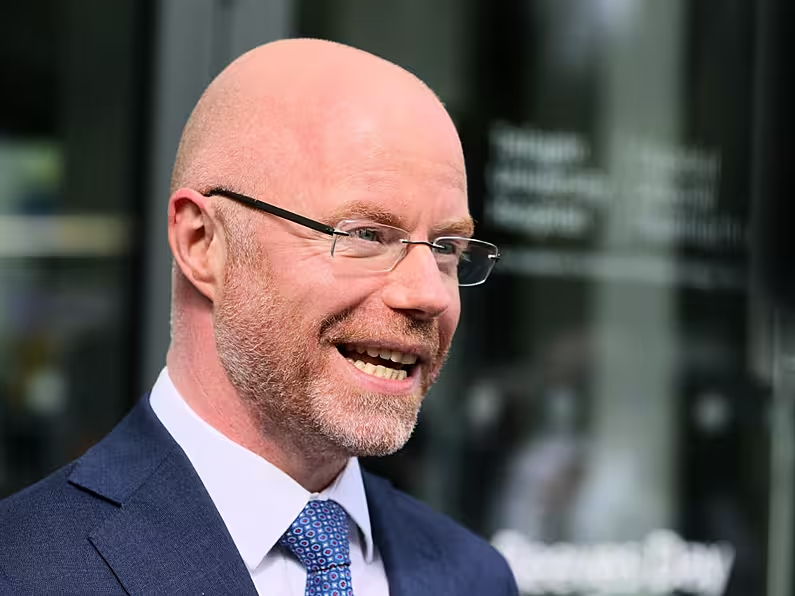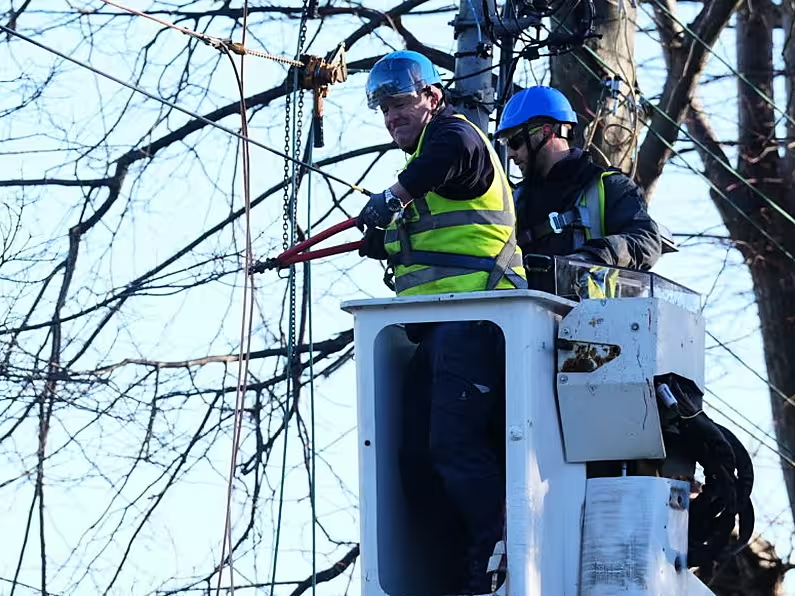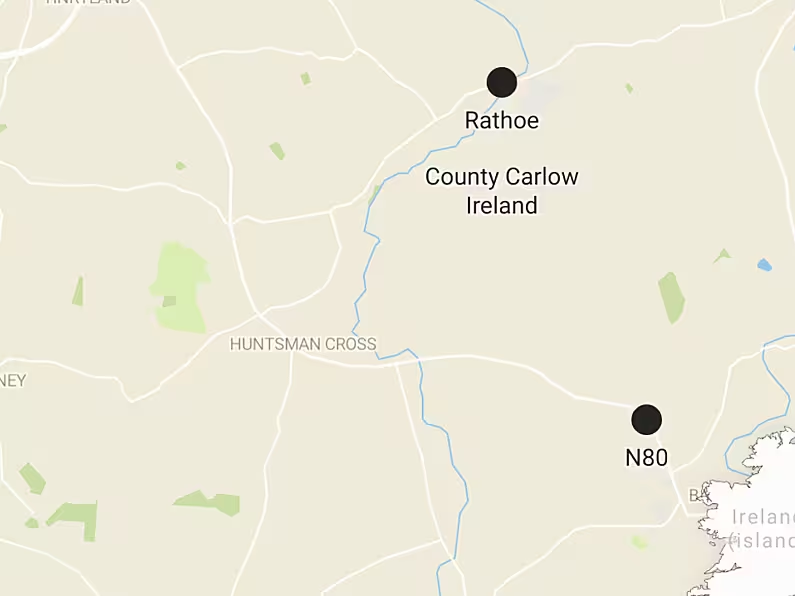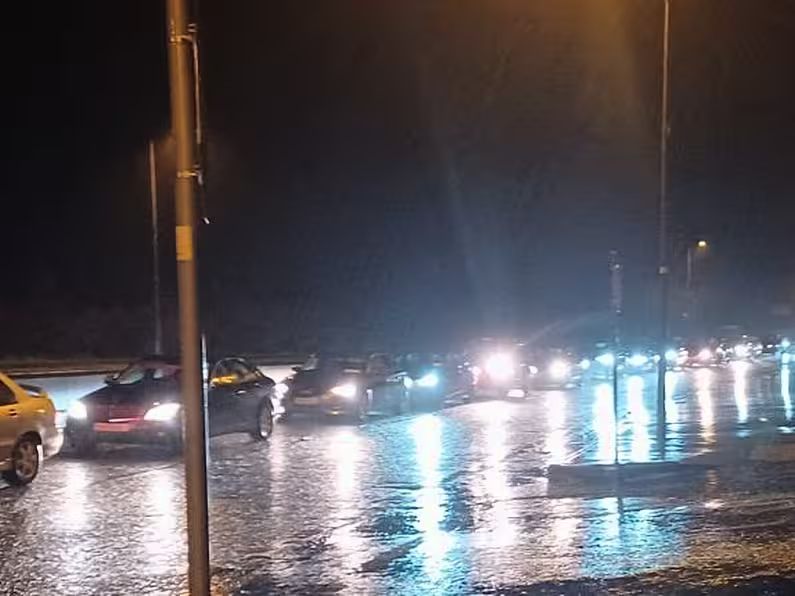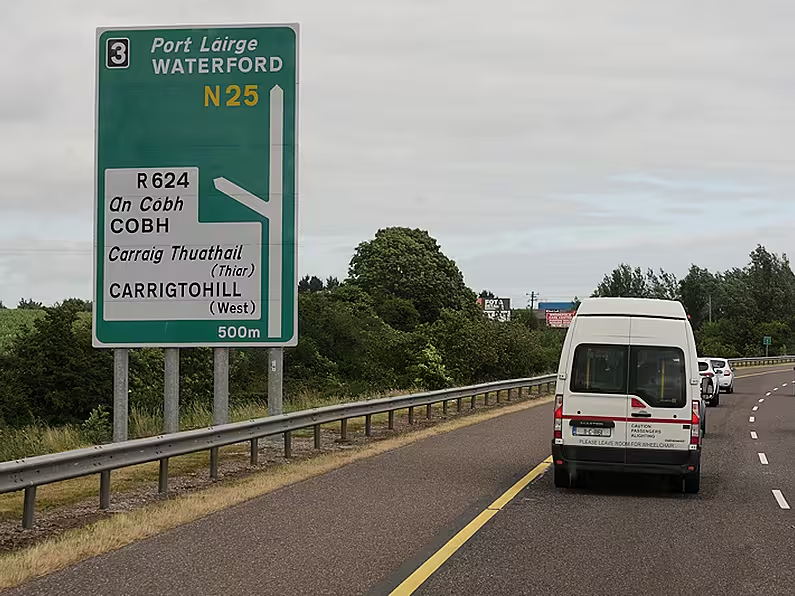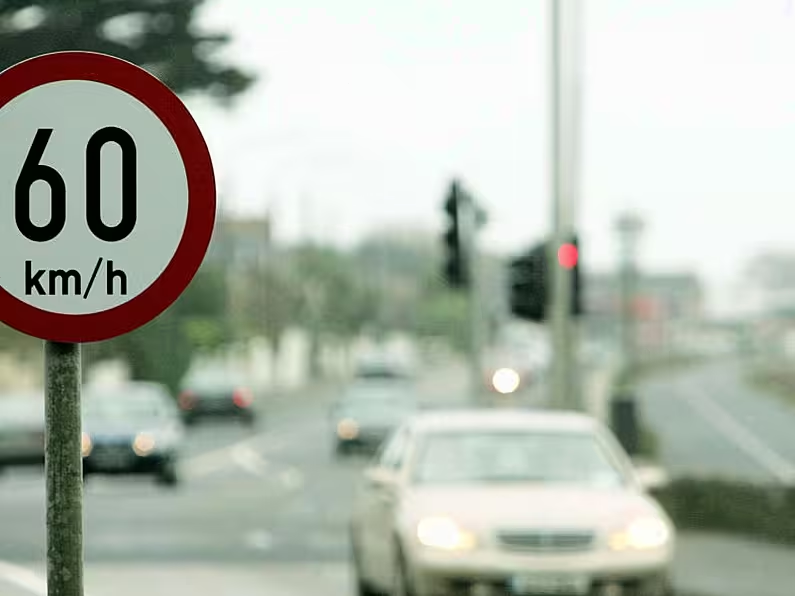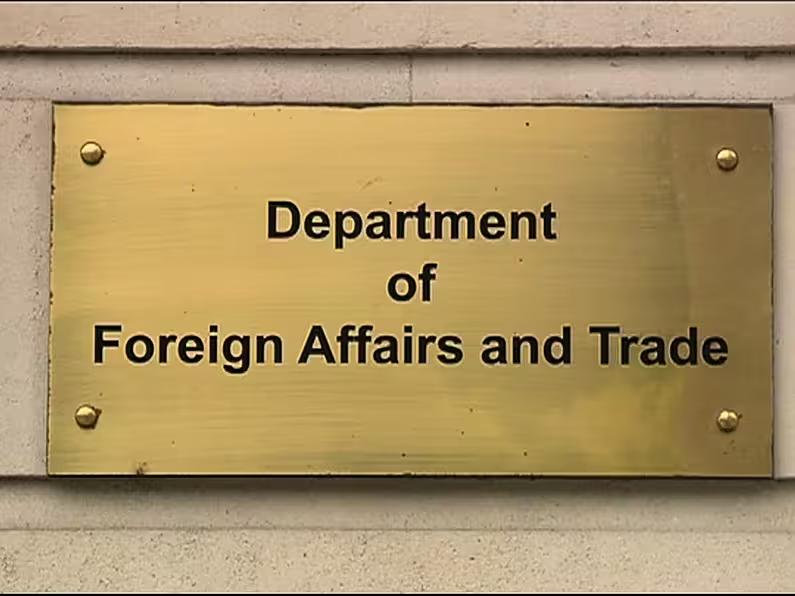Vivienne Clarke
Minister for Health Stephen Donnelly has said he is hopeful that the worst-case scenario of a surge in Delta variant coronavirus cases can be avoided in Ireland.
The worst-case scenario modelled by the National Public Health Emergency Team (Nphet) would see almost 700,000 cases of the virus over July, August and September, with as many as 2,170 deaths as the Delta variant becomes dominant.
The most optimistic projection would see 81,000 cases and 250 deaths.
Mr Donnelly told Newstalk’s Pat Kenny show that he does not understand how any member of the Cabinet could have been surprised that new advice on using the AstraZeneca vaccine for those under 40 was not included in Nphet’s modelling.
It had not been possible for Nphet to include the National Immunisation Advisory Committee (Niac)’s recommendation, as the modelling was completed over the weekend and Niac made its recommendation on Monday, he said.
'Hope for best, plan for worst'
Nphet carried out modelling on an ongoing basis and it was regularly updated, Mr Donnelly explained. It was not that Nphet was trying to be unhelpful, but he hoped that the worst-case scenario presented would not happen.
It comes as an infectious diseases expert has said that the change to the vaccine rollout will have “little impact” on the stark models of coronavirus growth produced by Nphet.
Mr Donnelly pointed out that in Scotland where the population was largely vaccinated, there had been a record number of positive cases in one day. The UK had more positive cases of Covid at present than the entire EU, he added.
“We have to hope for the best, but plan for the worst.”
Ireland had performed “very well” in the pandemic, but Northern Ireland remained a back door about which it was difficult to do anything despite strong biosecurity measures at the country’s borders, Mr Donnelly said.
The Minister said that when the pandemic was over and the figures were compared, proportionally more people died in the UK than in Ireland. “By any metric I will take Ireland’s performance.”
Outdoor activities
In the meantime, the advice remained to continue to carry out as many activities outdoors as possible.
While the Minister said he understood the frustration of the hospitality sector, the fact remained that the country was faced with a very contagious variant which made vaccines less effective. “There’s nothing fair about this,” he said.
Mr Donnelly said that the Government had to work with the hospitality sector on how best to open up, as quickly, as fully and as safely as possible. “We have to proceed safely.”
When asked why Ireland could not adopt vaccination passport schemes that had been used successfully in other European countries, Mr Donnelly said that many people in the sector had said that it was not “implementable” for them which was why the Government wanted to work with the sector to find a scheme that worked for them.
“The industry needs to be involved in working on the design of this,” he said. “The sector said this cannot be done, so it was out of immense respect that we said let’s meet and talk.”
The chief executive of the Restaurants Association of Ireland (RAI) has said that all options remain on the table when it comes to plans to reopen indoor hospitality, following the talks with Government members.
Antigen testing
Mr Donnelly said that he hoped the expert group on antigen testing would provide more information on how such testing could be used effectively. While Nphet had a different view, the Minister said he respected the views of both sides, but that ultimately he had to make decisions.
A number of pilot schemes were being set up for entertainment, sport and education which would help accelerate the rollout of antigen testing, he said.
Ireland had one of the best vaccination programmes with one of the highest take-up rates in Europe across all age groups, Mr Donnelly said. This was because people trusted the programme, because Niac had taken the time to give the best possible advice.
On the issue of mixing vaccines, Mr Donnelly said that Niac’s view was that there was insufficient evidence available, but they would continue to monitor data and that a major study was due to be completed shortly which would offer more evidence. “The international reports look very good.”



